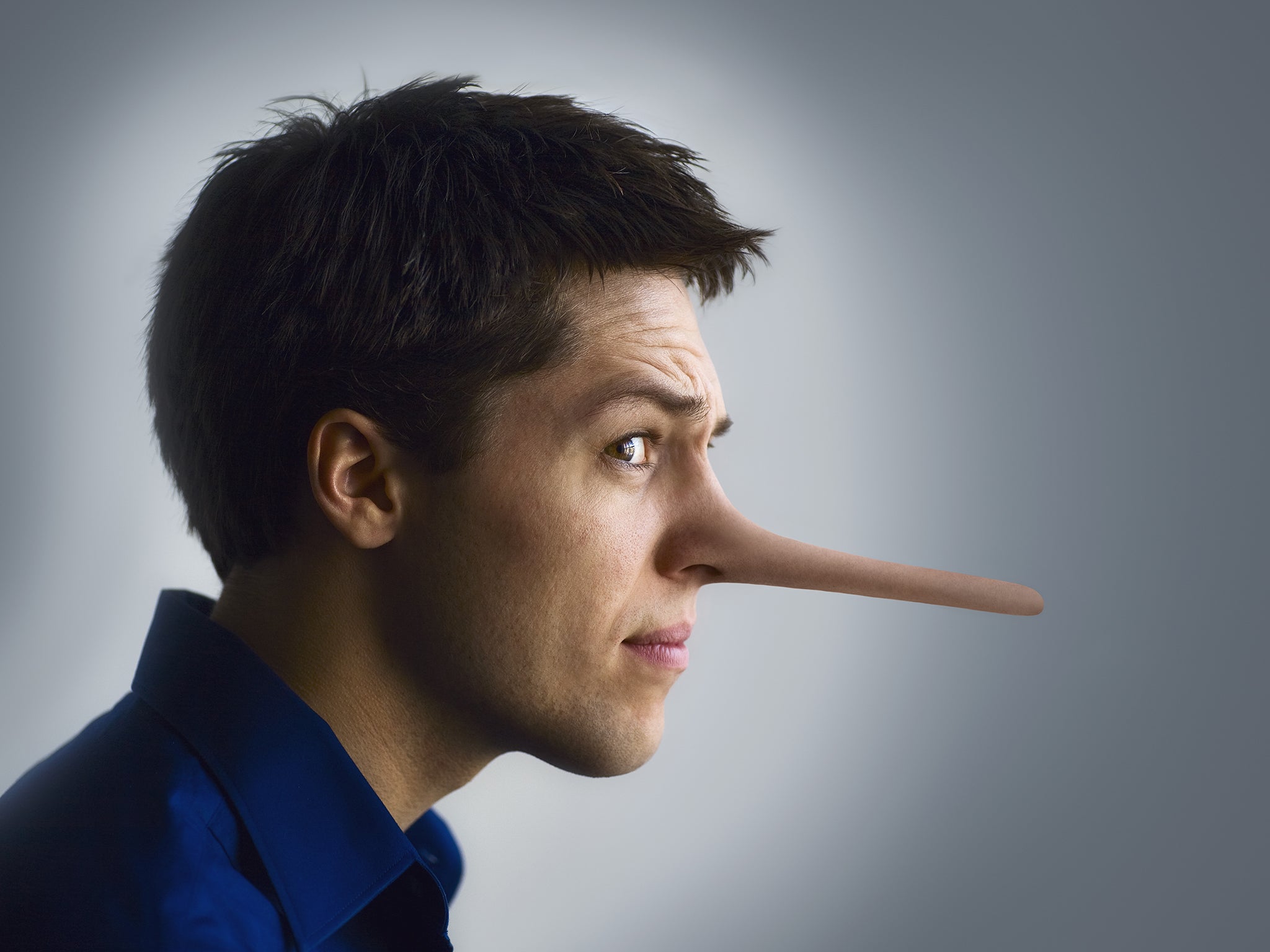Can you tell when someone's lying? Take the quiz
Researches at McGill university have developed a test to see how well we can detect sarcasm, white lies and teasing during everyday interaction. Take their test here

For many of us – especially people that suffer from some communication disorders – sarcasm, teasing or white lies can be difficult to detect. And for a lot of us, it’s hard to tell if someone is telling the truth or telling a big fat lie.
“We tend to believe that people tell the truth most of the time,” says Kathrin Rothermich from McGill University’s School of Communication Disorders.
“Sarcasm and white lies seem to go against basic understanding of what ‘should’ be happening in a conversation”.
Because we generally have a ‘truth bias’ when interacting with people – that is, we assume they are telling the truth rather than lying most of the time – it can be difficult to detect lies especially if they take the form of sarcasm or a joke.
Researchers at McGill used a video inventory to test how people reacted to certain interactions. They found that sarcasm was particularly difficult to identify. While most people in the study were able to recognise jokes and teasing, participants – especially men – found it hard to work out when someone was being sarcastic.
Take the researchers’ test below to see how good you are at sussing out who’s telling the truth.
Can you detect sarcasm, or is your 'truth bias' still too strong?
Join our commenting forum
Join thought-provoking conversations, follow other Independent readers and see their replies
Comments
Bookmark popover
Removed from bookmarks